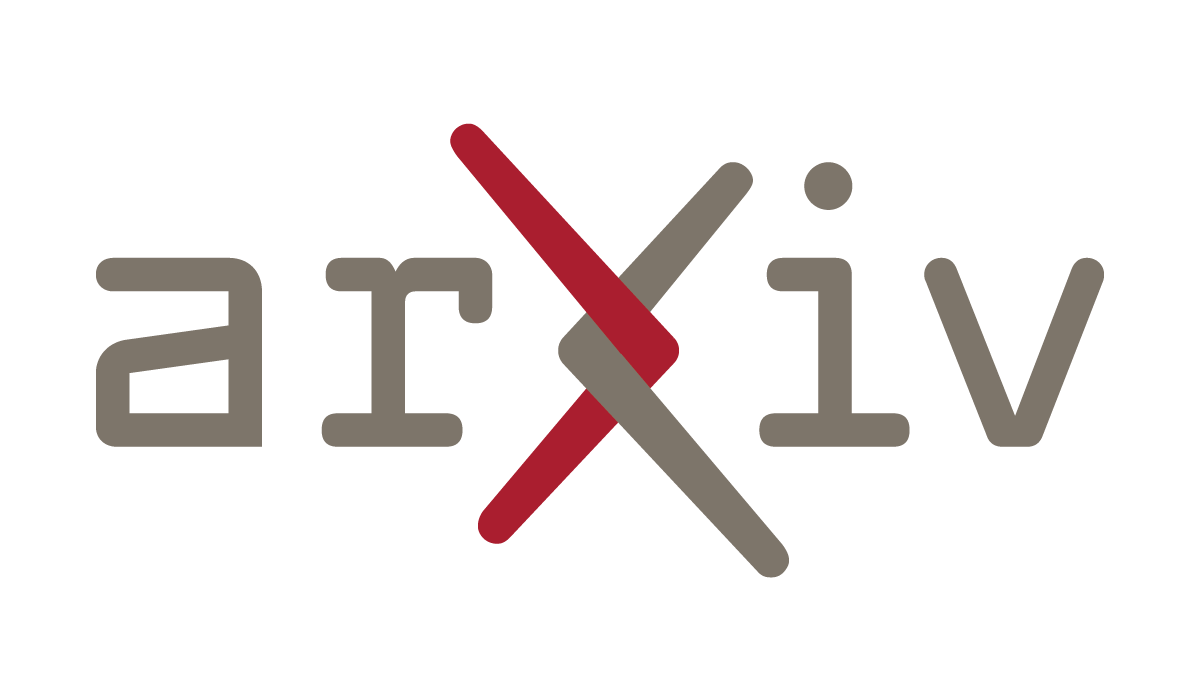how vital it is to expand our discipline’s focus beyond technological minutia and see the wider background affected by our work. In this regard, the lenses of economics, sociology, political science, and other social sciences are necessary. In particular, power as an analytic category is especially valuable for understanding the relationship between computing and the rest of society.
This paper then presented an expanded categorization of academic computing that legitimates both internal critique and a broader concern for the public interest as constitutive aspects of academic computing.
This would mean breaking from our almost single-minded focus within computing education on how to improve student learning of the technical aspects of computing (especially first-year programming), and instead recognize that encouraging a critical stance towards their discipline is just as important.
The paper ends with some Judith Butler quotes. Let the Butlerian Jihad commence!


